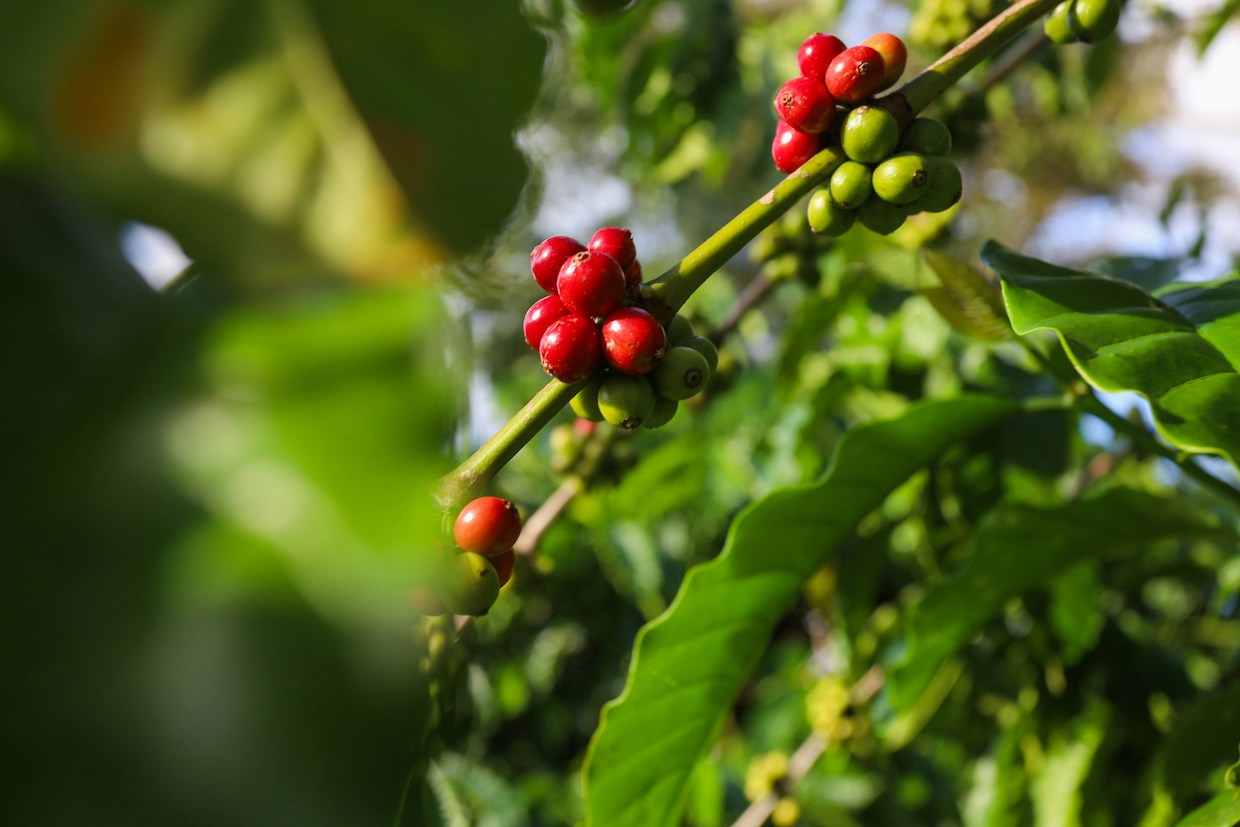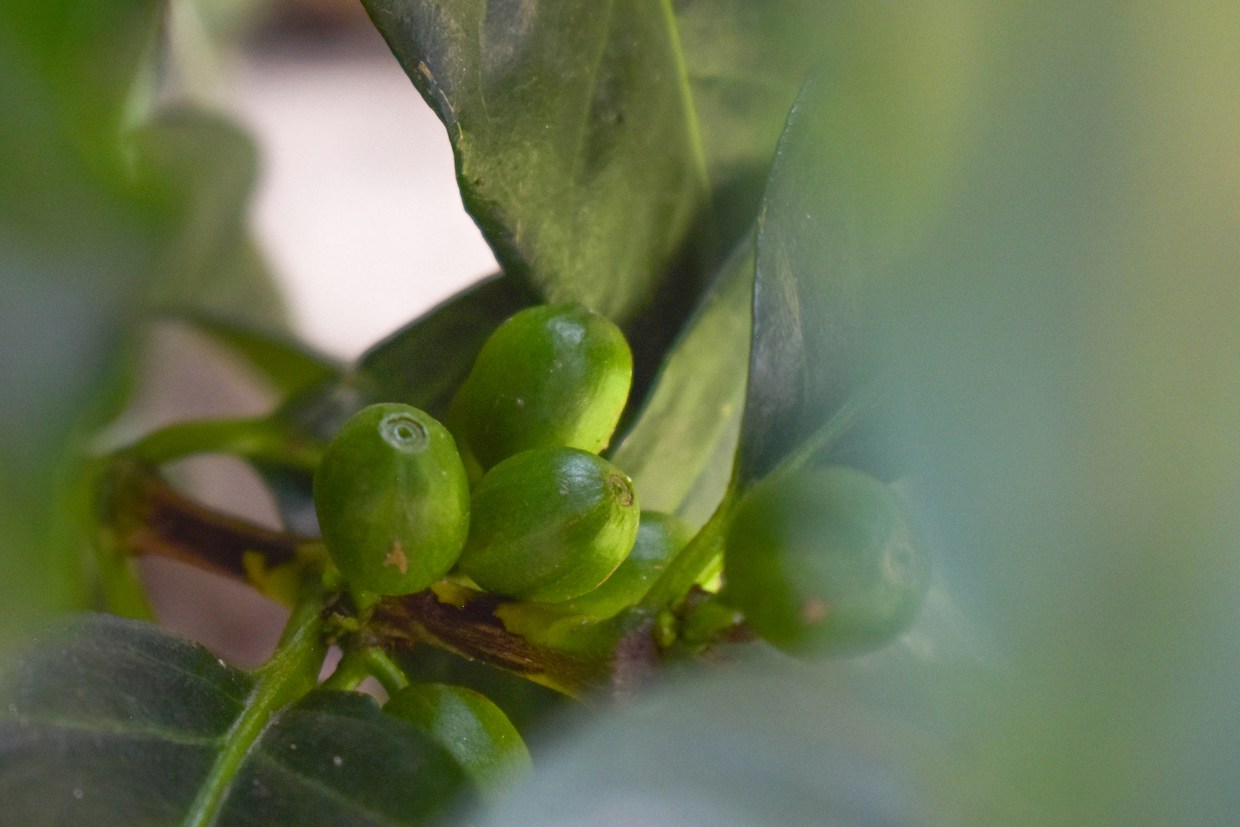Independent field investigations in China’s Yunnan Province found labor violations at coffee farms that supply coffees purchased and certified as sustainable by coffee giants Starbucks and Nestlé, according to a new report from two labor watchdog groups.
A joint effort from the New York-based nonprofit China Labor Watch and a new Danish nonprofit called Coffee Watch, the report alleges a pattern of “ghost farms” and “coffee laundering,” through which larger coffee producer groups, or certified estates, avoid detailed contractual relationships with the smaller farms supplying them.
Thus, alleged labor violations at smallholder farms — such as low wages, excessive hours and unprotected exposure to agrochemicals among farmworkers — are left undocumented.
China Labor Watch’s three separate investigations into coffee farms that allegedly supply Starbucks and Nestlé included interviews with 66 individuals, including coffee farmers, their families and teachers from local schools.
The investigations found “substantial abuses” in Starbucks’ and Nestlé’s supply chains, especially among indigenous farming communities.
“These abuses violated the terms of both companies’ certification schemes, namely C.A.F.E. Practices that is run by Conservation International for Starbucks, and 4C which Nestlé uses,” the report states.
In a statement shared with DCN, Starbucks said that its supplier agreements mandate that all farms maintain detailed records of their coffee production and purchases, “prohibiting the informal supply arrangements mentioned in the report.”
The company also said that it “regularly” engages with “farms around the world” on the requirements to maintain ethical sourcing standards, and that “suppliers undergo regular third-party audits as part of our C.A.F.E. Practices program to identify any conduct that violate our standards.”
Starbucks has maintained the C.A.F.E. Practices in-house sustainability scheme since 2004. The company said that 99.7% of its coffee in 2023 was certified through the scheme.
Nestlé, meanwhile, has been sourcing green coffee from China since the 1980s. A Nestlé spokesperson told DCN that the company is taking the allegations outlined in the report “very seriously” and has contacted coffee suppliers “to investigate carefully and if necessary, take corrective action.”
Both Starbucks and Nestlé told DCN that the companies’ supplier farms are subject to third-party visits or audits in support of sustainability certification programs. However, both companies have also been accused on numerous occasions of allowing labor abuses within their supply chains.
The China Labor Watch report remains largely focused on the mechanisms through which labor violations affecting farmworkers may go undocumented. The report identifies the practice of piece-rate pay — in which coffee pickers are paid based on the weight of their haul — as incentivizing labor violations, including informal child labor, excessive hours, no paid time off, no protective gear, no contractual protections, and more.
According to the China Labor Watch report, the rapid rise in Chinese coffee consumption over the past decade, combined with the growing presence of multinational coffee companies and production demands, requires intensified scrutiny into farm labor practices.
“The southwest region of Yunnan produces 98% of China’s coffee and drives the booming industry, which reached a market value of approximately $38.5 billion USD,” the report states. “Major chains like Starbucks and Nestlé are rapidly expanding to meet fast-growing Chinese demand, with Starbucks’ China locations poised to outnumber U.S. locations soon.”
Comments? Questions? News to share? Contact DCN’s editors here.
Nick Brown
Nick Brown is the editor of Daily Coffee News by Roast Magazine.








Comment